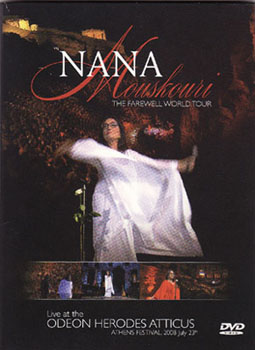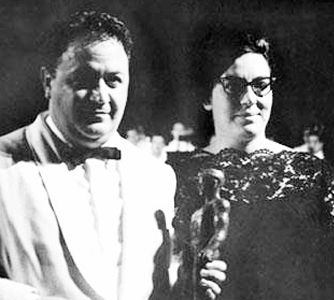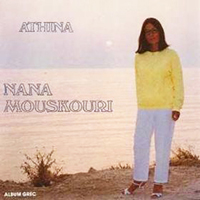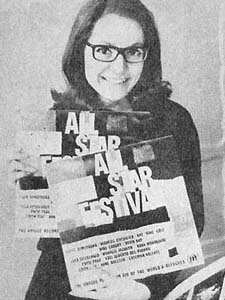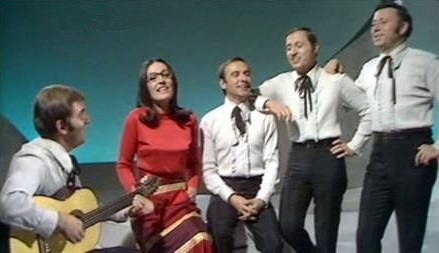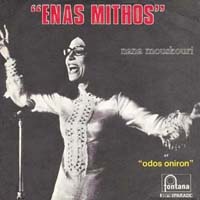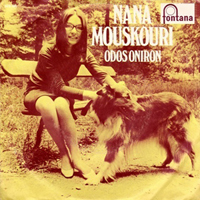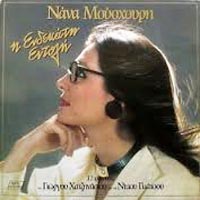HARTINO TO FENGARAKI (The paper moon)
That song, recorded in 1958, 1963, 1975 and 2002, determined her philosophy of life. It says that all is a matter of faith, that we must believe in something to make it happen. If there is a title that Nana would leave to future generations, it would be that one. She chose it to end her two farewell concerts in Athens in 2008, probably by gratitude towards her two mentors who inculcated this credo and because she has reached her dream.
